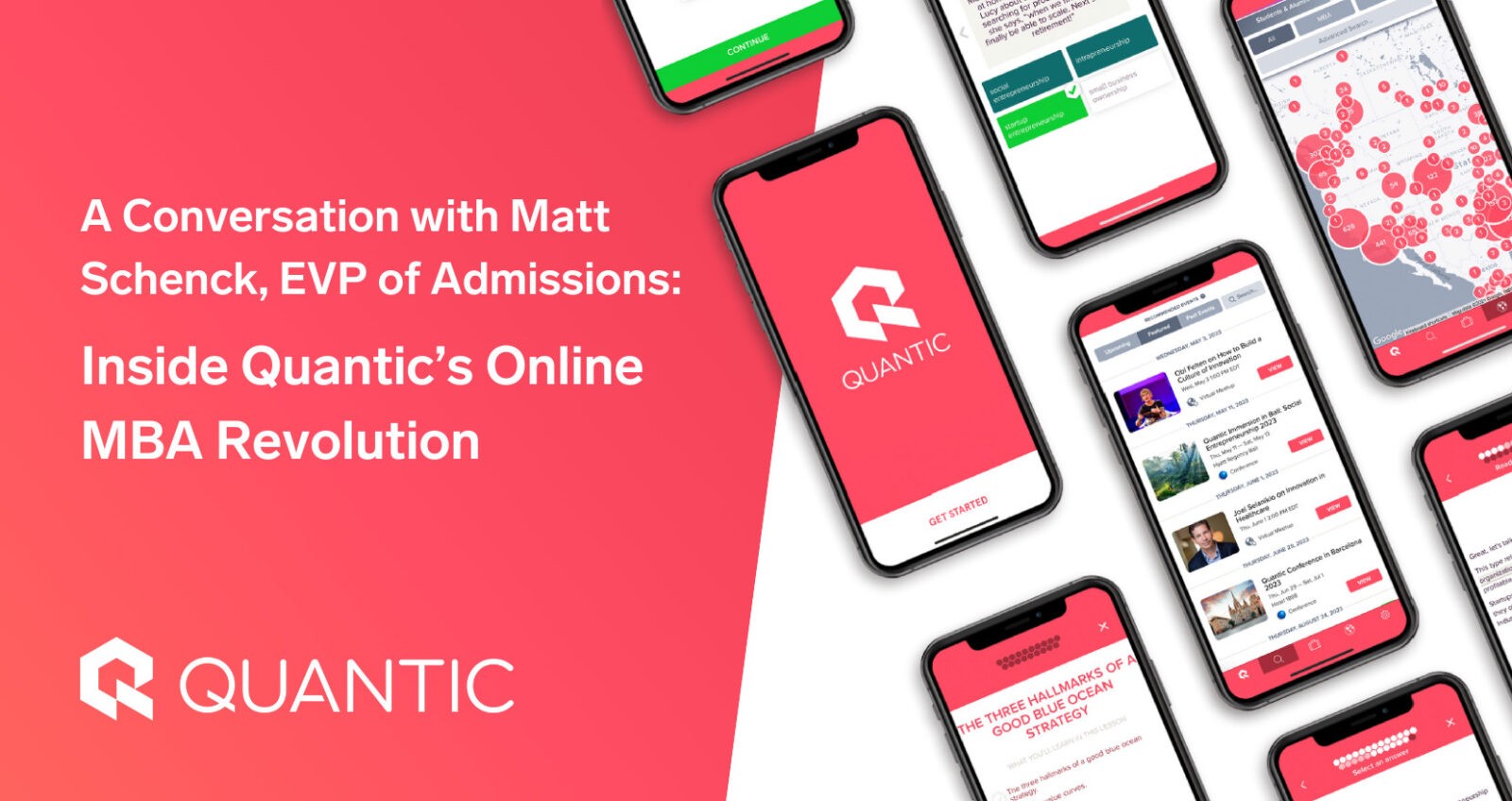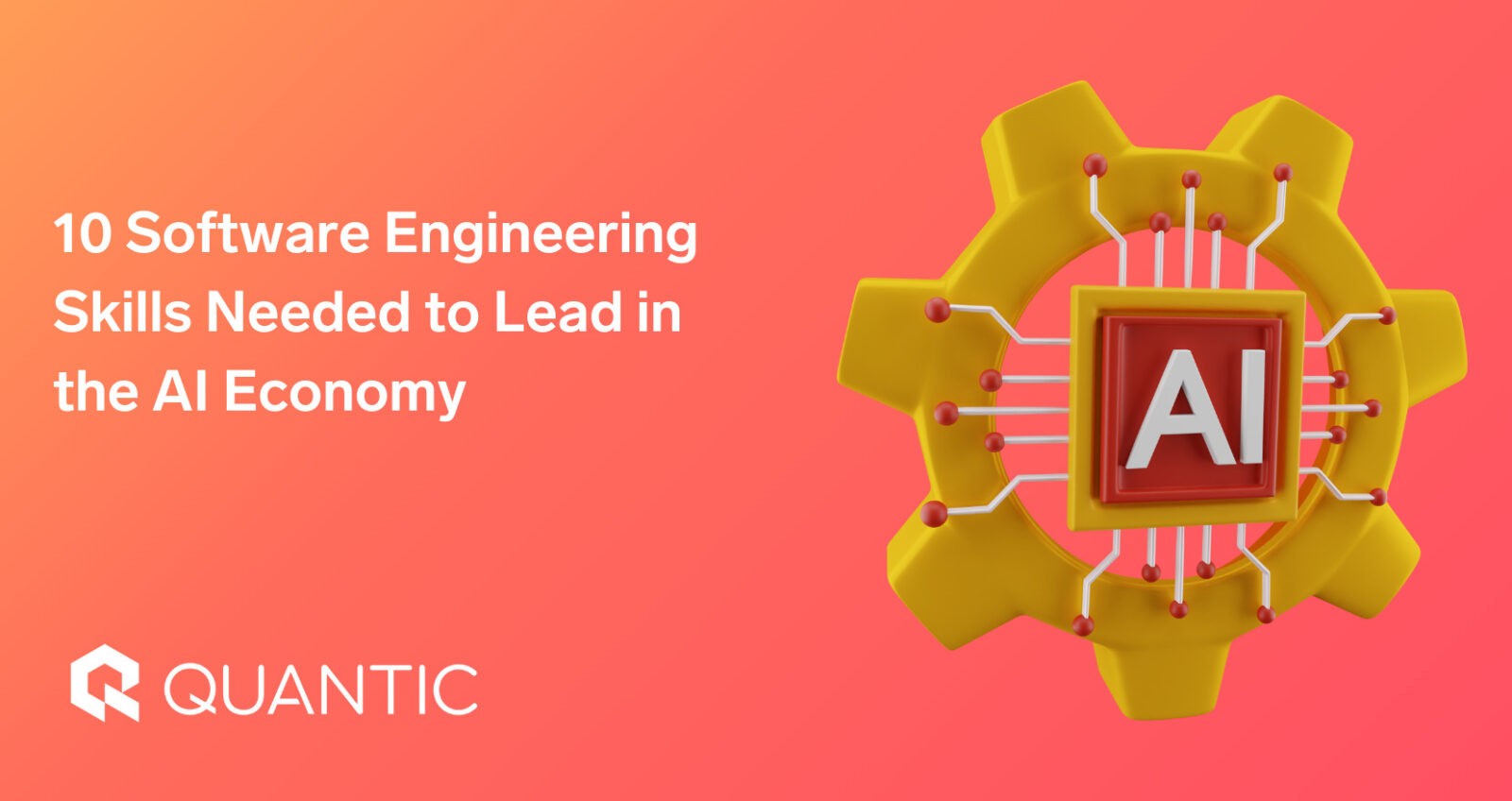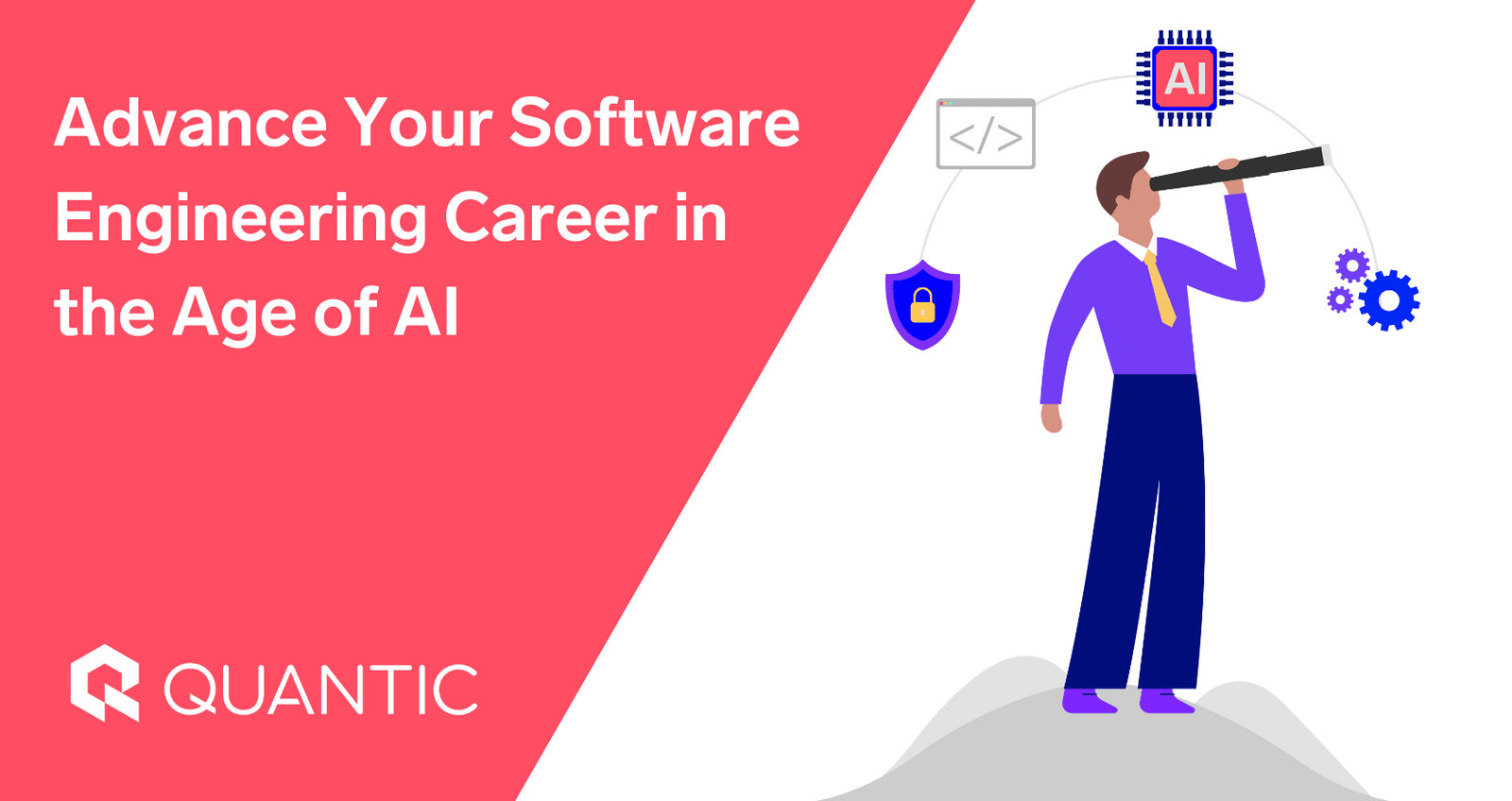EDUCATION
The Poetry of Mindstorms
Seymour Papert passed away this weekend, and I felt compelled to revisit his classic book, Mindstorms: Children, Computers, and Powerful Ideas, in tribute. Papert’s legacy far exceeds this one book, of course; he’s an inventor of the Logo programming language, and he was hugely influential in the fields of artificial intelligence, educational technology, and child development over the course of his half-century career. Closer to home, his ideas have helped us form the pedagogical approach behind Quantic.
“We are at a point in the history of education when radical change is possible, and the possibility for that change is directly tied to the impact of the computer.” – Seymour Papert, Mindstorms
Three years ago, my co-founder Ori Ratner and I read Mindstorms outside of his apartment complex in Arlington, VA as we formulated our opinions about what was missing in educational technology. In the early days of the company, we encouraged all new employees to read the book before starting, so that we could all have a shared vision for what was possible.
While the book is nominally about children using computers to learn, it establishes a vision for how anyone—adult or child—can learn. Mindstorms was published in 1980, the same year as Carl Sagan’s Cosmos. Despite the possibility that, like an old science fiction novel, it might have aged past its usefulness, Papert’s prose is inspiring. Certain sections feel revolutionary. The future he had envisioned had still not come to pass, but reading it that summer, it felt just inches away.
Rereading Mindstorms, I’m struck by how poetic the book is.
Parts of Mindstorms read like Cosmos, aimed at distilling complex ideas for consumption by a lay audience. Sagan used philosophical quotes to remind readers that the universe is not just what lies outside of the earth’s atmosphere: they themselves are the universe. “The nitrogen in our DNA, the calcium in our teeth, the iron in our blood, the carbon in our apple pies were made in the interiors of collapsing stars. We are made of starstuff.”
Mindstorms is at times similarly poetic, merging Papert’s musings on his own learning experiences with a glimpse into what successful learning might look like in the future: “You can’t think seriously about thinking without thinking about thinking about something.” He relates a formative example from his young childhood, of imagining what it’s like to be a gear, and describes the impact of that very personal experience on his future learning and mental development. His goal in writing the book and creating Logo was to give more humans an experience of what that’s like.
For me, the reminder of the personal side of learning is one of the most powerful aspects of the book. It’s not just about assimilating information, but about the learner constructing their understanding.

In honor of Seymour Papert, I want to share some of my favorite passages from the book:
“Anything is easy, if you can assimilate it to your collection of models. If you can’t, anything can be painfully difficult.” (xix)
“People often fear that using computer models for people will lead to mechanical or linear thinking; they worry about people losing respect for their intuitions, sense of values, powers of judgment. They worry about instrumental reason becoming a model for good thinking. I take these fears seriously but do not see them as fears about computers themselves but rather as fears about how culture will assimilate the computer presence.” (155)
“I see the classroom as an artificial and inefficient learning environment that society has been forced to invent because its informal environments fail in certain essential learning domains, such as writing or grammar or school math. I believe that the computer presence will enable us to so modify the learning environment outside the classrooms that much if not all the knowledge schools presently try to teach with such pain and expense and such limited success will be learned, as the child learns to talk, painlessly, successfully, and without organized instruction. This obviously implies that schools as we know them today will have no place in the future. But it is an open question whether they will adapt by transforming themselves into something new or wither away and be replaced.” (8-9)
“…when one enters a new domain of knowledge, one initially encounters a crowd of new ideas. Good learners are able to pick out those who are powerful and congenial. Others who are less skillful need help from teachers and friends. But we must not forget that while good teachers play the role of mutual friends who can provide introductions, the actual job of getting to know an idea or a person cannot be done by a third party. Everyone must acquire skill at getting to know and a personal style for doing it.” (137)
“I do not wish to reduce mathematics to literature or literature to mathematics. But I do want to argue that their respective ways of thinking are not as separate as is usually supposed.” (39)
Mindstorms: Children, Computers, and Powerful Ideas. New York: Basic Books, 1993.



